New EU Sanctions Affect Russia’s Higher Education
As Russia continues to push into Ukraine, sanctions against Russia are starting to cripple its economy and higher education.
As of early April, the European Commission (EC), the executive branch of the European Union (EU), has decided to cease all ongoing grant agreements to Russian research and education entities as a part of the fifth package of sanctions. It is a stronger version of its previous restrictive measures announced in March, which targeted Russian educational organization only under Horizon 2020 and Horizon Europe — the EU’s key funding program for research and innovation.
Now, the sanction excludes Russian public entities’ current and future participation not only in Horizon 2020 and Horizon Europe but also in the European Atomic Energy Community (Euratom) and Erasmus+, pan-European college credit sharing system. The EC also made clear in its press release that it will restrict any non-financial support, including knowledge transfers.
These new measures were introduced following the discovery of Russia’s possible heinous war crimes in Bucha, the town outside of Kyiv. On the same day that new sanctions were announced, Russian military carried out a missile attack on a train station in Kramatorsk killing at least 50 civilians and injuring 98, showing that these measures weren’t unwarranted.
Mariya Gabriel, European Commissioner for Innovation, Research, Culture, Education and Youth, said in the press release by the EC, “Russia’s military aggression against Ukraine is an attack on freedom, democracy and self-determination, on which cultural expression, academic and scientific freedom and scientific cooperation are based.” She also stated that the Commission is strongly committed to ensure Ukraine’s undisturbed participation in Horizon Europe and Euratom Research and Training programs.

There are currently no Russian entities participating in ongoing projects under Horizon Europe, though there had been grant agreement preparations by four Russian research organizations, which the Commission already suspended.
Meanwhile, there are a few ongoing projects in which Russian entities are participating under Horizon 2020, the predecessor of Horizon Europe program. In detail, there are 78 Russian organizations taking part in 86 active projects, and of those, 29 Russian entities in 18 projects have been awarded €12.6 million as of March 7 this year. Since then, the Commission has suspended any further payment to Russian entities under existing contracts.
For instance, the Marie Skłodowska-Curie Actions (MSCA) are a set of Europe’s most prestigious research and innovation fellowships for doctoral education and postdoctoral training of researchers. However, since the funding program is also a part of Horizon Europe, Russian public bodies will be removed from the list of participants.
Nevertheless, the EC did not completely shut down academic collaboration with Russia. While it did successfully isolate Russian institutions directly managed by the Kremlin, the Commission left doors open for the blameless Russian individuals. In an official statement, Commissioner Gabriel said that grants through MSCA fellowships to Russian individuals will “in principle remain possible,” with a thorough screening based on the EU’s sanctions list.
Erasmus+ for Russia has a similar case; the aggressor nation’s public entities will not be permitted to participate, while its individuals will remain eligible to benefit from the program. In addition, the Commission explicitly states that Russian youth and civil society organizations may also remain in Erasmus+ and the European Solidarity Corps — a part of volunteering projects under the program.
Although Russia has never been a part of the EU, its education entitles have been allowed to participate in Erasmus program since 2014.Ever since its acceptance, the Russian Federation has significantly benefited its education sector and citizens. In a 2020 brochure, the National Erasmus+ Office in Russia celebrates the program’s success in further developing the higher education in Russia. Specifically, the program has successfully implemented 49 capacities building projects, 128 Jean Monnet Actions projects (initiative under Erasmus to stimulate teaching and research), and international credit mobility projects (ICM) for 5,721 people from EU to Russia and 7,916 people from Russia to EU over the years until 2020.
However, now with the Russia’s protracted invasion of Ukraine, collaboration and funding from the EU to Russian public entities and bodies have essential been halted. While Russian individuals, youth, and civil society organizations can still receive grants and support from the EU programs, they will have to go through a thorough screening process. This is a major setback for Russian higher education.
Read More: Universities Should Not Cut Communication With Russia



